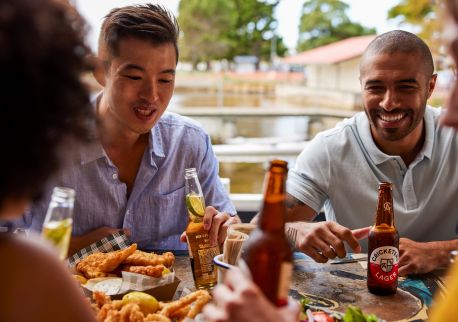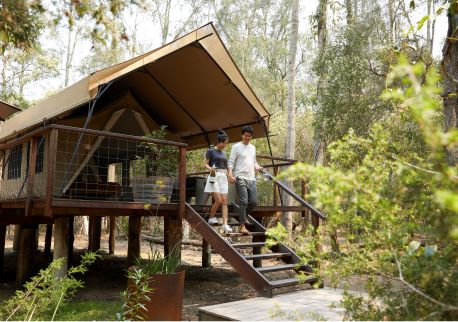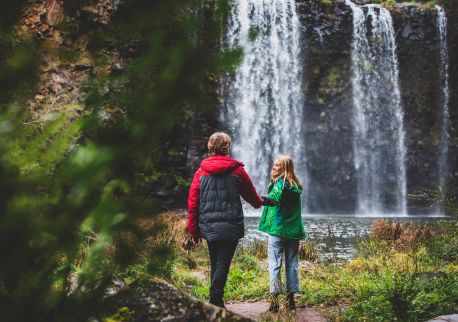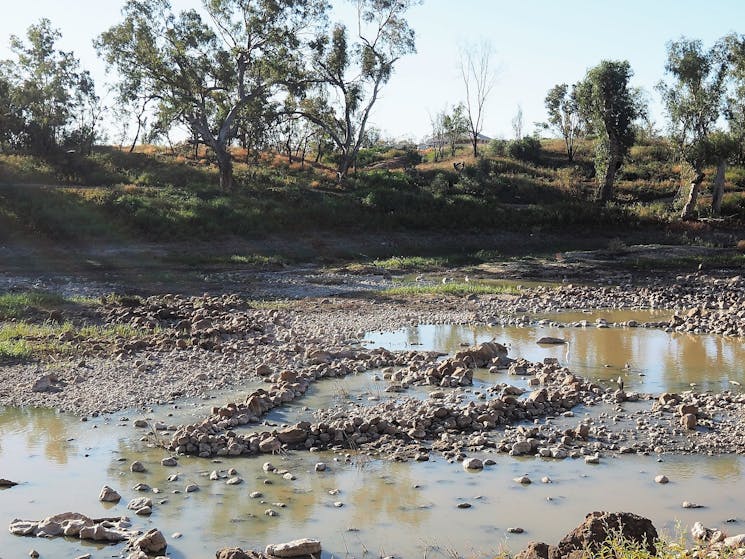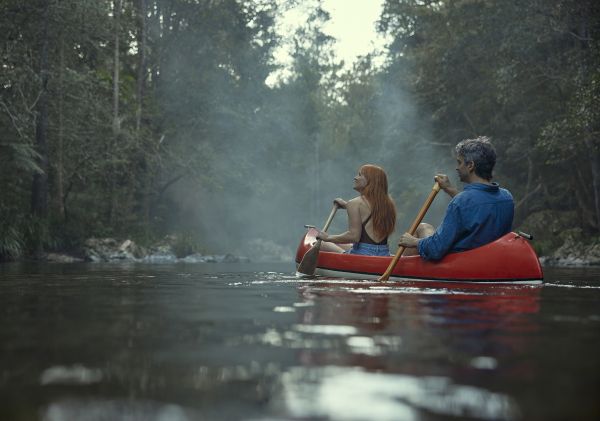Brewarrina Fish Traps (Baiame's Ngunnhu)
Overview
The Brewarrina Fish Traps, or as they are traditionally known Baiame’s Ngunnhu, are a complex network of river stones arranged to form ponds and channels that catch fish. Known as one of the oldest human-made structures in the world.
The fish traps reflect an ancient genius in the simplicity of their design, which was adaptable to the seasons and changing water levels. The fish traps work by using stone walls to guide fish that are swimming upstream into the holding ponds where the Aboriginal People traditionally caught them with their bare hands, used their spears or blocked them in ponds to be caught later. According to Aboriginal tradition, the ancestral creation being, Baiame, created the design by throwing his net over the river and, with his two sons Booma-ooma-nowi and Ghinda-inda-mui, built the fish traps to its shape. But according to oral history, the fish traps (and the technology behind them) were inspired by nature—by the pelican, with the traps acting like a pelican’s beak to scoop fish out of the water.
The creation of the fish traps, and the Aboriginal Lore governing their use, helped shape the spiritual, political, social, ceremonial, and trade relationships between Aboriginal groups from across the greater landscape. The fish traps were an important site of food production, work, trade and consumption.
Accessibility
Does not cater for people with access needs.

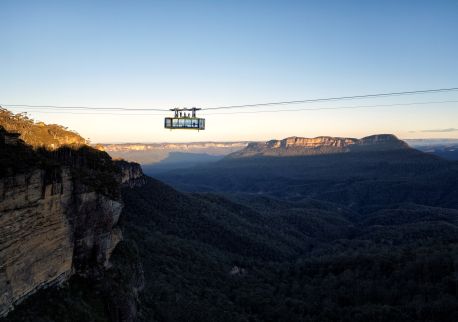
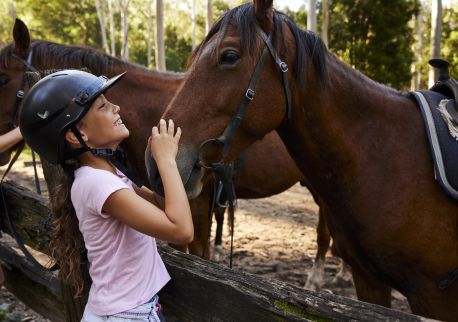
.jpg?h=b9ed6e60&itok=3PLfeieL)


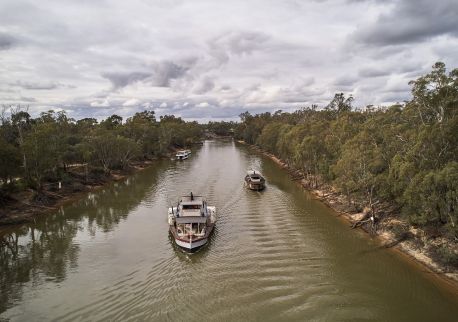
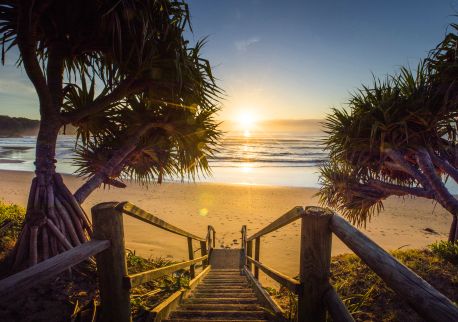
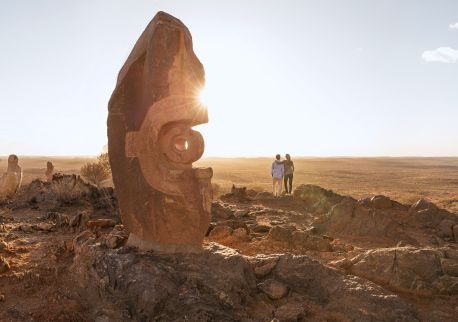
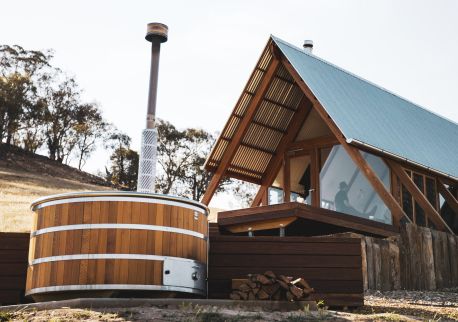

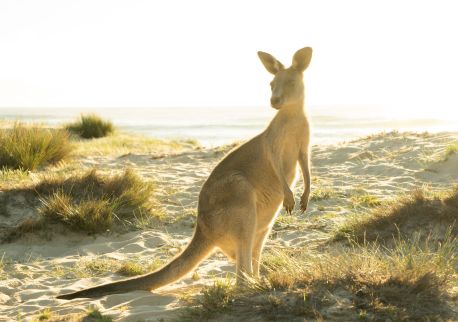
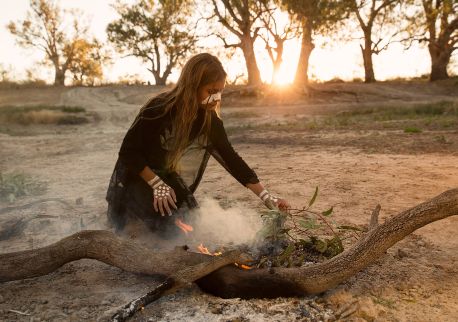
.jpg?h=d9f98e8a&itok=rUhd3pgd)
.jpg?h=c813bc7b&itok=XF1hMB0e)
.jpg?h=3c631b11&itok=4Pi3SECS)
.jpg?h=d8b8f6c8&itok=Z3TU1EW1)
